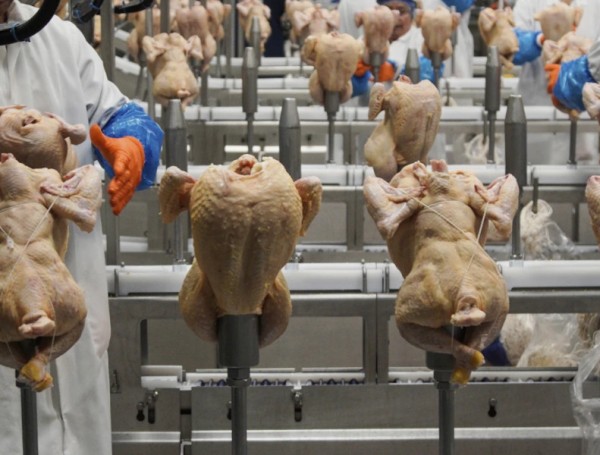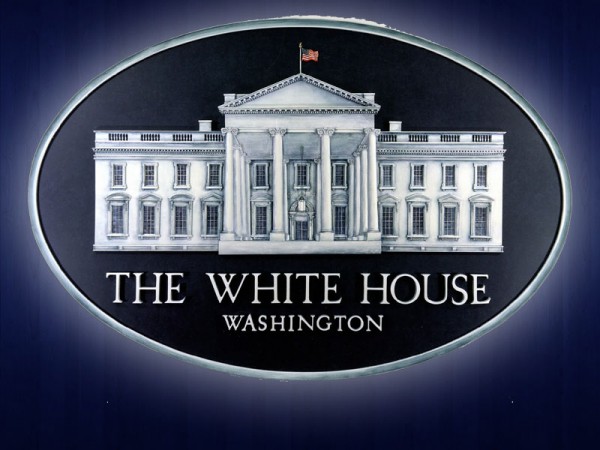Russian President Vladimir Putin announced Thursday that Moscow has tested a new intermediate-range missile in a strike on Ukraine, and he warned that it could use the weapon against countries that have allowed Kyiv to use their missiles to strike Russia.
The Russian strike on the central Ukrainian city of Dnipro on Thursday came in response to Ukrainian strikes on Russian soil this week that used longer-range U.S. and British missiles, Putin said during a nationwide TV address.
Putin declared that Russia would issue advance warnings if it launches more strikes with such missile against Ukraine to allow civilians to evacuate to safety. And he warned that U.S. air defense systems wouldn’t be capable of intercepting Russian missiles.
Putin said the attack on Dnipro struck a missile factory a new missile called “Oreshnik,” a Russian word meaning “hazel.”
“We believe that we have the right to use our weapons against military facilities of the countries that allow to use their weapons against our facilities,” he said. “And in case of escalation of aggressive actions, we will respond resolutely in a mirror way.”
Putin's announcement came hours after Ukraine claimed that Russia launched an intercontinental ballistic missile overnight at the central Ukrainian city of Dnipro. But American officials said an initial U.S. assessment indicated the strike was carried out with an intermediate-range ballistic missile.
Two people were wounded in the attack, and an industrial facility and a rehabilitation center for people with disabilities were damaged, according to local officials.
The attack comes during a week of escalating tensions, as the U.S. eased restrictions on Ukraine's use of American-made longer-range missiles inside Russia and Putin lowered the threshold for launching nuclear weapons.
The Ukrainian air force said in a statement that the Dnipro attack was launched from Russia’s Astrakhan region, on the Caspian Sea.
“Today, our crazy neighbor once again showed what he really is,” Ukrainian President Volodymyr Zelenskyy said hours before Putin's address. “And how afraid he is.”
Earlier this week, the Biden administration authorized Ukraine to use U.S.-supplied, longer-range missiles to strike deeper inside Russia — a move that drew an angry response from Moscow.
Days later, Ukraine fired several of the missiles into Russia, according to the Kremlin. The same day, Putin signed a new doctrine that allows for a potential nuclear response even to a conventional attack on Russia by any nation that is supported by a nuclear power.
The doctrine is formulated broadly to avoid a firm commitment to use nuclear weapons. In response, Western countries, including the U.S., said Russia has used irresponsible nuclear rhetoric and behavior throughout the war to intimidate Ukraine and other nations.
They have also expressed dismay at the deployment of thousands of North Korean troops to Russia to fight against Ukraine.
Also Thursday, Russia also struck Zelenskyy’s home city of Kryvyi Rih, wounding 26 people, said the head of regional administration, Serhii Lysak. The missile strike caused damage to an administrative building, at least five multistory residential buildings, and civilian vehicles.
The Russian Defense Ministry, meanwhile, said in a statement that its air defense systems shot down two British-made Storm Shadow missiles, six HIMARS rockets, and 67 drones.
The statement didn’t say when or where the Storm Shadows were shot down or what they were targeting. Russia earlier reported downing some of the missiles over the illegally annexed Crimean Peninsula.
More than 1,000 days into war, Russia has the upper hand, with its larger army advancing in Donetsk and Ukrainian civilians suffering from relentless drone and missile strikes.
Analysts and observers say that the loosening of restrictions on Ukraine's use of Western missiles is unlikely to change the the course of the war, but it puts the Russian army in a more vulnerable position and could complicate the logistics that are crucial in warfare.
Putin has also warned that the move would mean that Russia and NATO are at war.
“It is an important move and it pulls against, undermines the narrative that Putin had been trying to establish that it was fine for Russia to rain down Iranian drones and North Korean missiles on Ukraine but a reckless escalation for Ukraine to use Western-supplied weapons at legitimate targets in Russia,” said Peter Ricketts, a former U.K. national security adviser who now sits in the House of Lords.
___ Associated Press writers Jill Lawless in London, and Zeke Miller and Lolita C. Baldor in Washington, contributed to this report. ___ Follow AP’s coverage of the war in Ukraine at https://apnews.com/hub/russia-ukraine




















